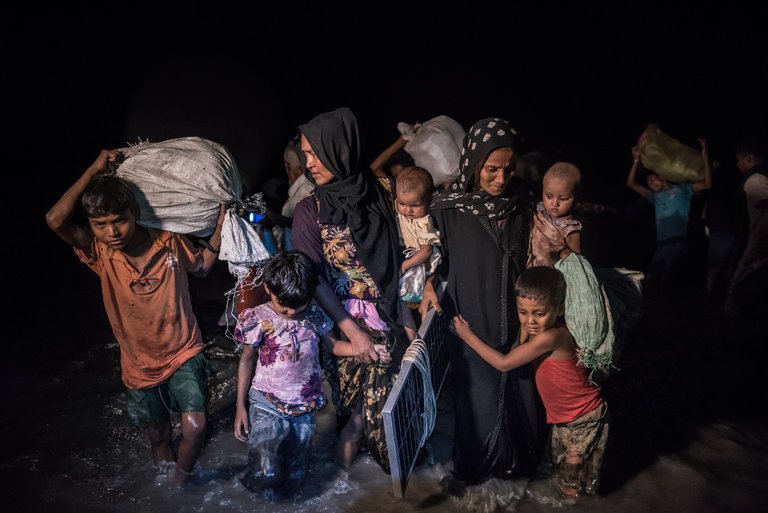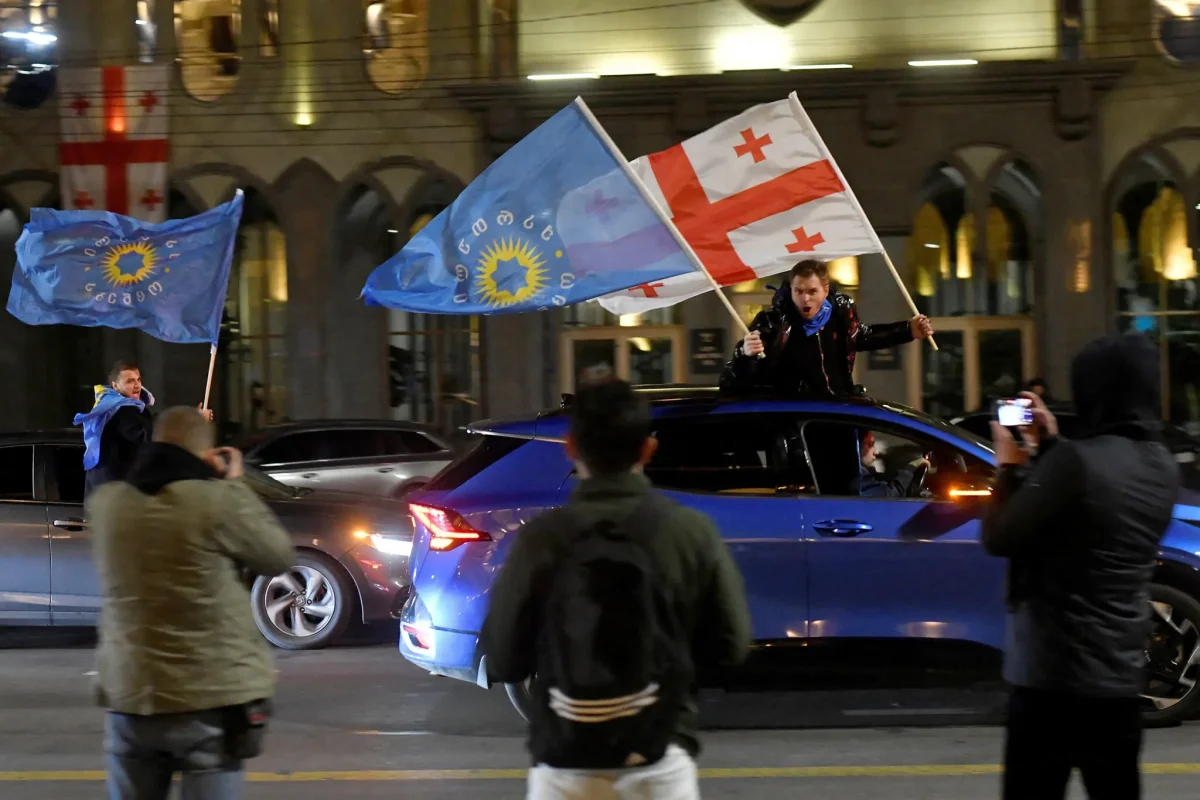Featured Image: Sergey Ponomarev for The New York Times
The Rohingya crisis is a humanitarian crisis that is not being talked about enough. It is a refugee crisis located in Myanmar and Bangladesh, where over 500,000 Rohingya Muslims have been forced to leave Myanmar due to its recent surges of violence. As the violence deepens and tensions rise, more and more vulnerable people are at risk, drowning, dying of starvation and disease, or being abused while trying to escape persecution.
Who are the Rohingya People?
The Rohingya people are a Muslim ethnic minority group in Myanmar, accounting for almost a third of the population. Their conflict with Myanmar’s western Rakhine State is part of a long historic migration crisis, with the Muslim Rohingya people forced to flee since the late 1970s when Myanmar’s government introduced discriminatory policies.
The Rohingya people have been in the western region of Myanmar for centuries, with origins in the 15th century when Muslims came to what was formerly known as the Arakan Kingdom. Immigration continued while Rakhine was governed by British India under colonial rule, however, since their 1948 independence, Myanmar has refuted the Rohingya’s claims and denied them confirmation as one of their 135 ethnic groups. The differences between the groups are obvious, with differences in ethnicity, linguistics, and religion dividing the two and portraying the Rohingya as illegal immigrants.
Violence and Responses
However, the renewed violence, an example being the military firing indiscriminately on unarmed civilians and the increase of sexual violence against the Rohingya, has strongly caught the media’s attention, with an increase in reported rape, murder, and arson against the Rohingya people causing a renewed and growing exodus. Amidst the growing and effective institutionalization of discrimination, through restrictions on marriage, family planning, education, freedom of movement, employment and legal status, Rohingya insurgents (rebels) attacked dozen of police posts and an army post on August 27th, prompting the Rakhine state to fire back with a military counter-offensive against the Rohingya people, amid charges of ethnic cleansing against Myanmar’s security forces. The forces justify their actions as a bettering campaign to reinstate stability in the Myanmar’s western region.
Aung San Suu Kyi, a Nobel peace prize winner and importantly Myanmar’s de facto leader, was greatly criticized for her stance of silence on the crisis. Only after unrelenting criticism did she come forward with a statement, declaring that Myanmar’s government “had already started defending all the people… in the best way possible” and that “we know very well, more than most, what it means to be deprived of human rights and democratic protection… So we make sure that all the people in our country are entitled to the protection of their rights as well.”
The Refugee Situation
The refugees are in critical condition. Most, if they survive the journey from Myanmar’s Rakhine state to Bangladesh, predominantly in the Kutupalong area, are forced to take shelter in squalid refugee camps where most get less than 1-litre of water a day and have limited medical supplies. The lack of supplies has built the market for smugglers who are paid to transport the refugees who are at significant risk for exploitation. In Bangladesh, the conditions are squalid at best and the journey is perilous. Unfortunately for them, that isn’t even the worst part – many are forcibly returned to Myanmar and up until recently held no citizenship and were lost in the disorder of the crisis. In Malaysia, the great increase in the proportion of refugees from Myanmar has had little effect on the government’s attitude towards them. At present, the Rohingya still have no legal status and are unable to work, with the government regarding them as illegal immigrants if they take note of them at all. In Indonesia, although the number arriving is fairly small, the government has provided them with emergency assistance and the necessary protection, however, hold no plans to relax immigration restrictions amid fears of an influx of people. Finally, in Thailand, the Rohingya are at great risk as the country is a hub for regional human smuggling and is a common transit point. The Thai government cracked down on the smuggling rings after discovering mass graves in alleged camps controlled by gans, who held hostages inside, however experts say that punishing traffickers only disrupts networks but doesn’t shut them down.
Drone footage showing the scale of Bangladesh’s refugee camps
The US’s Role
In December 2016, sanctions against Myanmar by the US were lifted by US President Barack Obama, who saw the country as making great strides in improving human rights. Obama’s action came to be seen as premature, as were put in place amidst a crackdown on the Rohingya. In September 2017, $32 million was committed with the aim of supplying food, medical care, water and shelter for the Rohingya, however, there has been no talk of reimposing sanctions.
Priscilla Clapp, a former US diplomat criticizes the outlook which places sole blame on Myanmar as she believes that it oversimplifies and misrepresents the country’s historical ethnic diversity. She made a strong statement, persuading the general public to aid the Rohingya people. She says, “an international response that consists primarily of assigning blame for this humanitarian tragedy is no longer tenable. It is time for the international community to organize a realistic, workable solution,” – a view shared by international advocacy groups such as the Arakan Project, Fortify Rights, Human Rights Watch and Amnesty International. The resentment of the Rohingya group has occurred for many generations and cannot be ignored, they argue.
Annan’s advisory commission published its findings in late August 2017, after a year of investigation. It recommended that Myanmar lift restrictions on movement and citizenship. “Tensions remain high and they risk becoming worse. Violence won’t bring solutions to the acute problems that afflict the Rakhine State,” Annan said.
Phoebe Thomas

































































